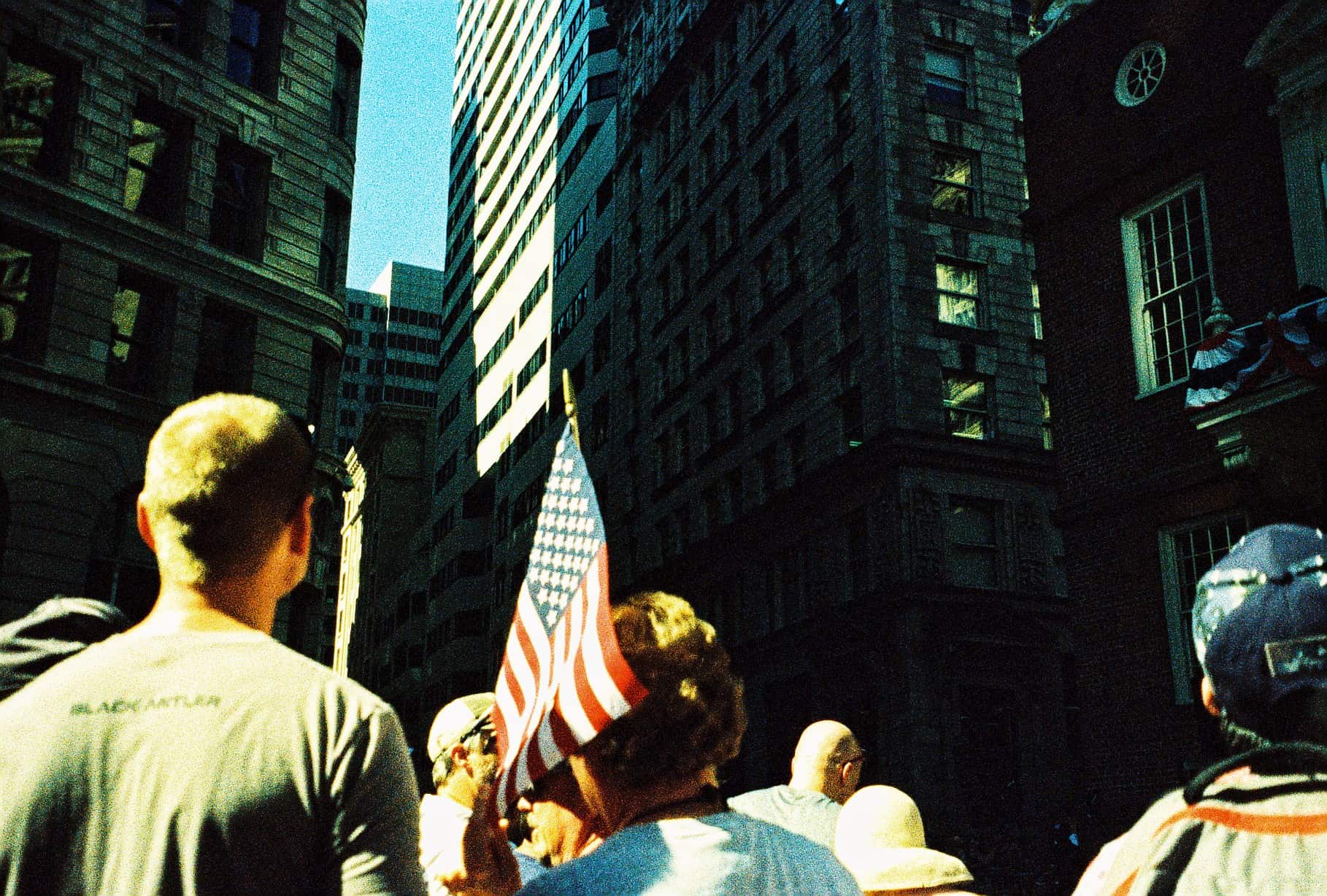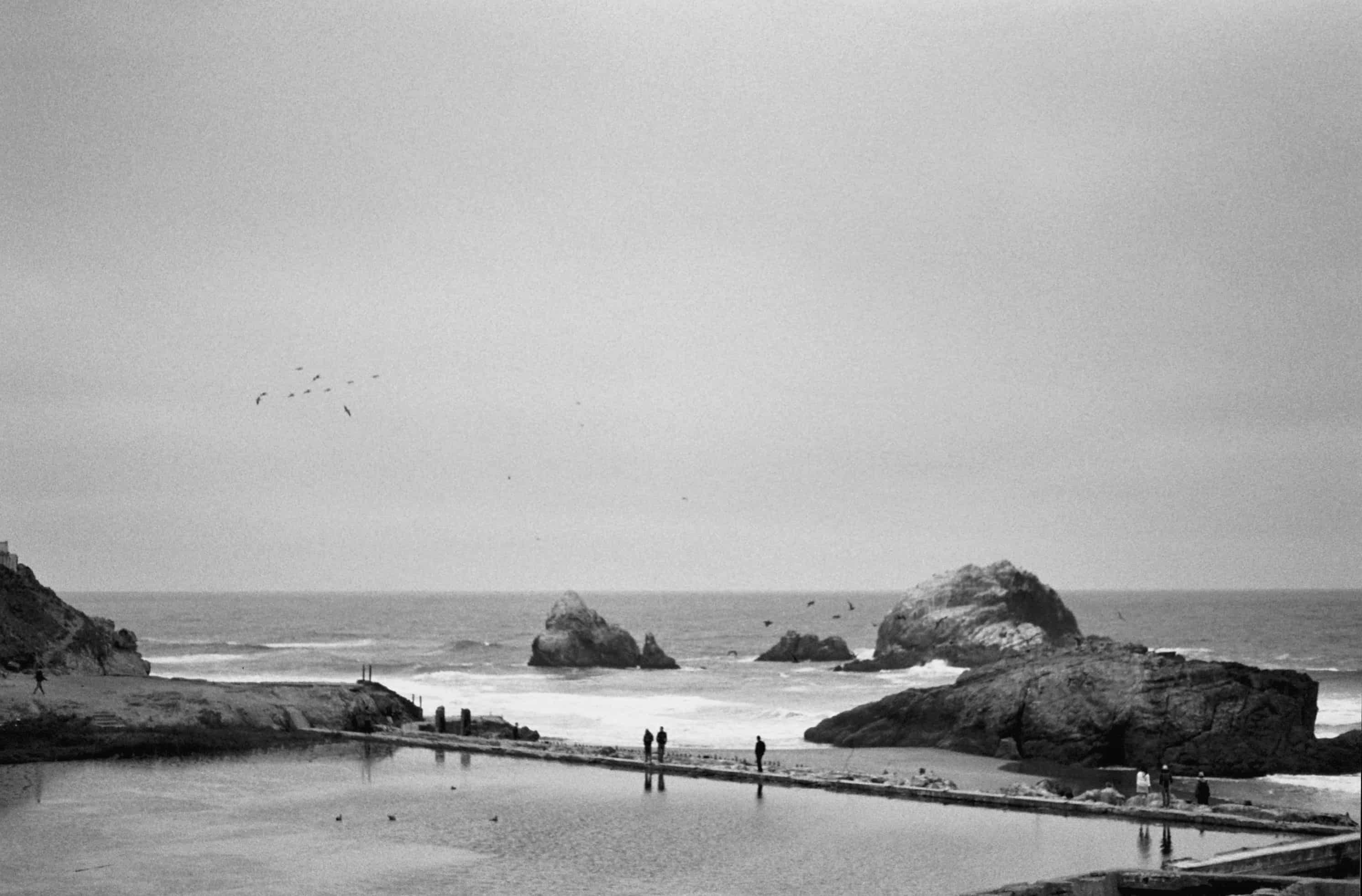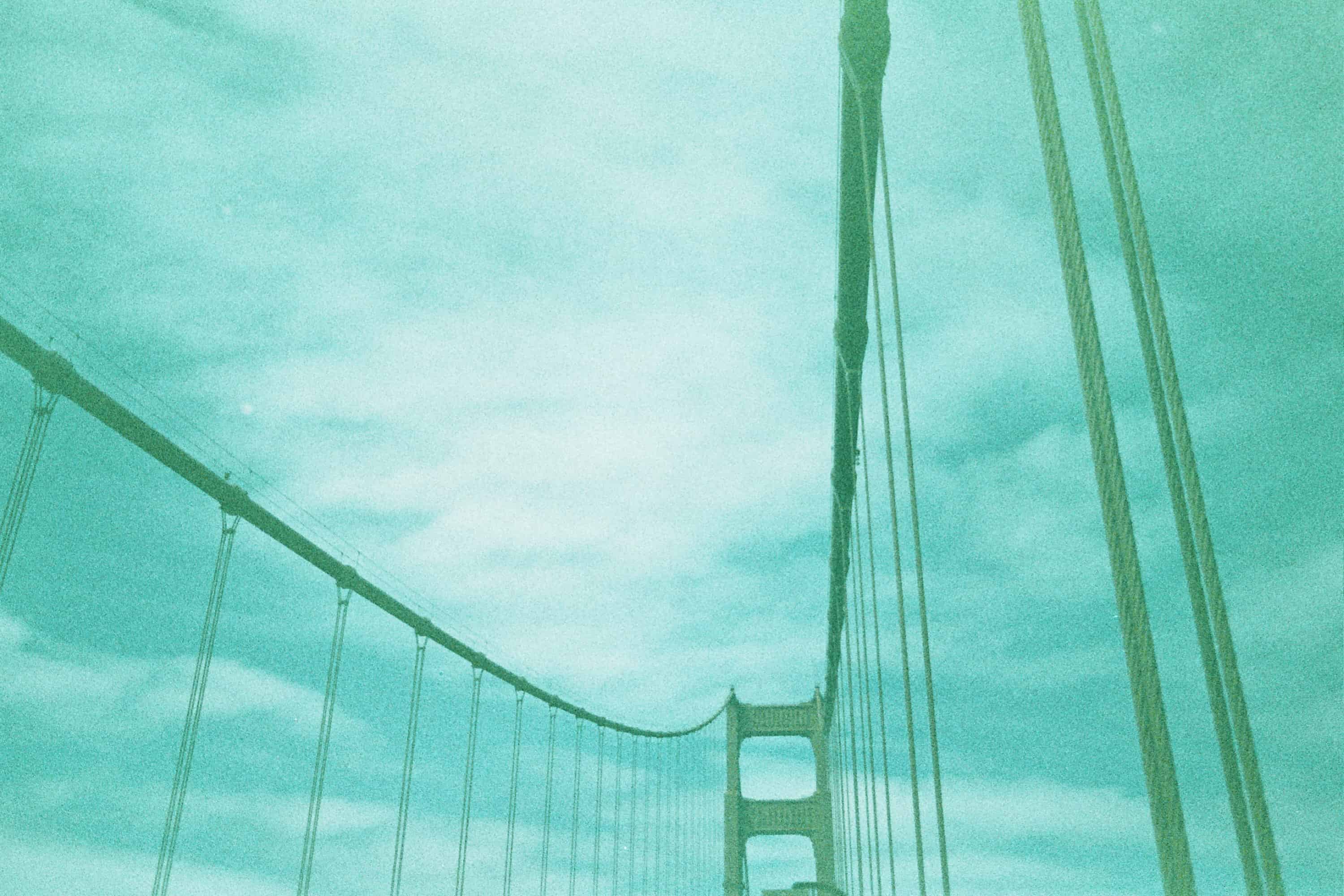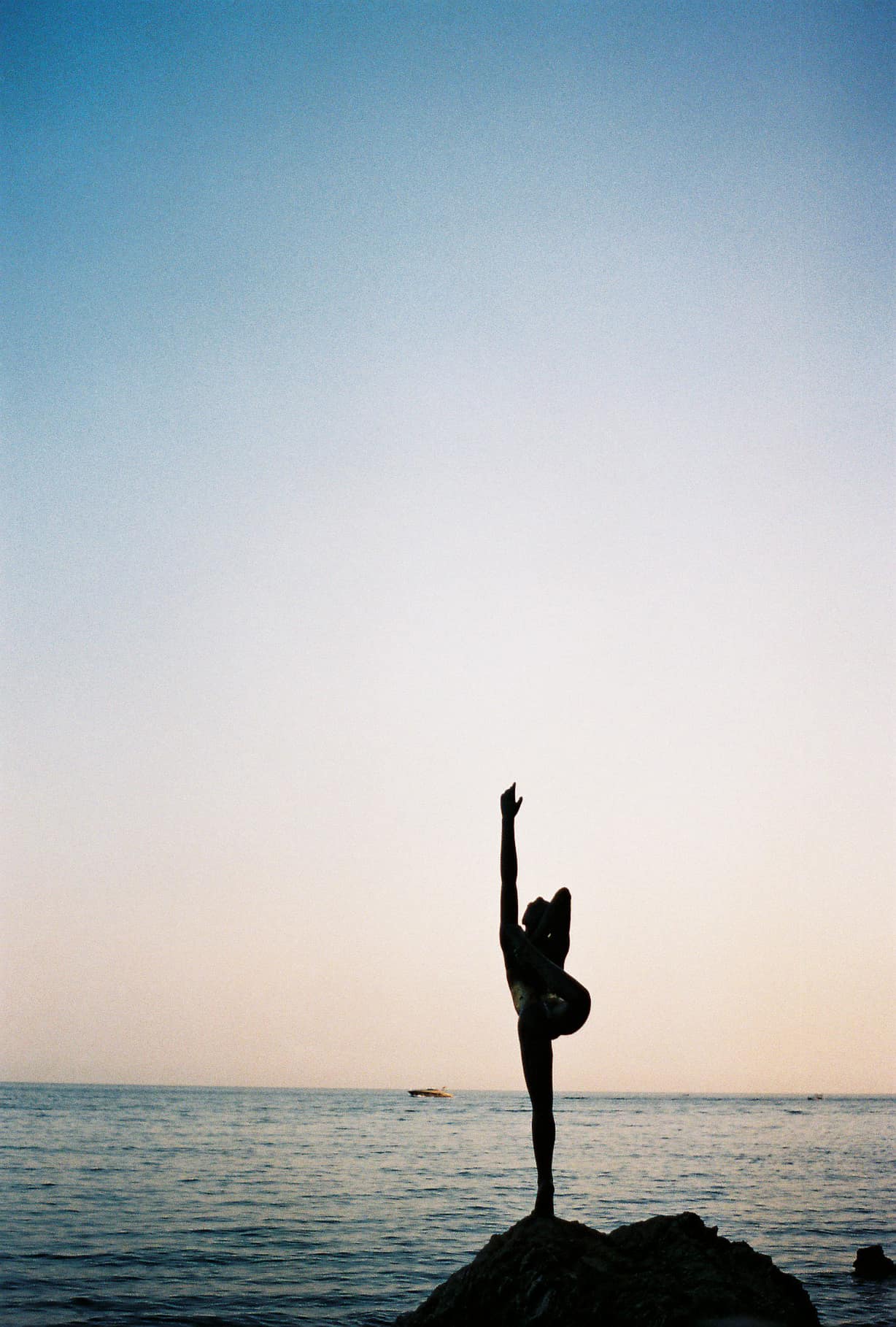Back when I lived in Boston, our Fourth of July family tradition involved schlepping to the Old State House at 9am and listening to the annual reading of the Declaration of Independence. The last time we were all in Boston (and awake early) was 2011, but this year everyone was in town, and we thought it would be nice to continue the tradition.
The reading is performed every year by the command staff of the Ancient and Honorable Artillery Company, inevitably some dude with a thick Boston accent garbling his r’s in the most charmingly Boston way possible. My Spanish friend Nacho, one of my closest companions in Istanbul, was in the US for the first time, and Hillary and I made sure to make a quick stop at Dunkin Donuts before the reading to maximize his Dirty Ol’ Boston experience. Armed with iced coffee, blueberry muffins, and a Boston Kreme Donut (for Nacho), we met up with my family at the State House. After a singing of God Bless America (which made me cringe, because that cheesy Irving Berlin tune inspired the much better song This Land Is Your Land, written by an annoyed Woody Guthrie), and a recitation of the Pledge of Allegiance (which I did not participate in, because the USA is still free enough that I don’t have to), the crowd hushed and the command staff launched into the reading.
“When in the Course of human events… We hold these truths to be self-evident, that all men are created equal… Life, Liberty and the pursuit of Happiness…” After the greatest hits of the first couple paragraphs in the Declaration, it’s easy to let the mind wander. I’m sure I did in the past; it wasn’t until fairly recently that I realized that parts of the Declaration (the whole “merciless Indian Savages” bit) are hugely problematic, even though I’d gone to the reading before. (They didn’t skip over that part this time.) But this time, I listened, and so did the rest of the crowd at the Old Boston State House, because this year, the tyranny that the colonists were protesting hit a little too close to home.
“The history of the present King of Great Britain is a history of repeated injuries and usurpations, all having in direct object the establishment of an absolute Tyranny over these States…
He has endeavoured to prevent the population of these States; for that purpose obstructing the Laws for Naturalization of Foreigners; refusing to pass others to encourage their migrations hither, and raising the conditions of new Appropriations of Lands…
He has made Judges dependent on his Will alone for the tenure of their offices, and the amount and payment of their salaries….
For cutting off our Trade with all parts of the world…”
After the line about immigration, I pulled up Thomas Jefferson’s text on my phone and started reading along. The crowd was audibly gasping as the command staff rattled off the words in his wide Boston accent, realizing– whether they were inclined to or not– how closely the behavior of our current president seemed to align with the tyranny of the king from whom the founding fathers aimed to escape.
The history of the United States of America is complicated, and problematic, and I wasn’t sure how I felt about being in town during the most explicitly patriotic day on the calendar. But it was just a slice of my whole experience being home, one where I found myself constantly asking the people in my life: what does it feel like? What is it like being in America, right now?
Living in Turkey, my perspective is skewed. The news coming out of the US is such a terrible, constant heartbreak. The slow slide to authoritarianism has sick echoes of the country I live in. The cruel policies towards immigrants and refugees strike at my very sense of what I thought being American was— though all my grandparents were born in the US, we were always raised with a sense of gratefulness that our relatives could come and begin lives here, away from Europe. Living in Istanbul for the last 5+ years, I’ve met so many people whose lives are directly affected by the sadistic and labyrinthine immigration policies of my country. Every time another door closes, another hurdle goes up, another child is taken away, I rage and crack a bit more. And yet, my friends live in the US, and can’t escape the reality of it by shutting off their phones. And my friends are diverse– they are immigrants, they are married to immigrants, they are naturalized, they are citizens, they are Black and White and Latino and multiethnic and multireligious and have perspectives that I don’t. And so, I asked a lot of people: What is it like being in America, right now?
A Haitian friend, an elegant poet who ends every email and meeting with the benediction “life is good,” was more concerned about more immediate matters– finding a new apartment for his family after his lease wasn’t renewed, feeling satisfied with his work. I asked him, for the first time in our years of friendship, if he had a US passport– and when he assured me that he did, I felt a tight spot in my chest loosen in relief.
A friend in New York is in the middle of the process of getting her Latin American husband his green card; she is calm, and so is he, but he won’t leave the US until it’s done, not even for a family vacation. He is hyper-aware of being out and about without his passport and visa. And they wait.
A Mexican journalist who is in the US on a student visa told me that she had gone numb to the news out of necessity.
A black friend of mine who works as an educator and facilitator of communication and development through arts confided that the political situation was actually pretty good for business. But his cynicism runs deep, and he didn’t doubt that the short-fingered vulgarian will get a second term– and that the country could quickly and easily devolve into something more violent and ugly than it already is. His cynicism matched mine, which was in a way a twisted comfort.
And then there was the night I went out to trivia at a dive bar with a bunch of white Harvard students (and Nacho!), and noticed (honestly, thanks to Nacho) how America-centric all the questions were, in contrast to our very international trivia nights in Istanbul. (There was one question with the topic “World Geography.” It was about Canada.) That in itself only bothered me a little; what was much, much worse were the televisions that lined the bar blaring an endless loop of the news. The screen showing CNN cycled between the Thai boys in the cave, children being reunited with parents they were separated from at the border, paid pro-Trump ads screeching against “chain migration,” promos for cutesy “nostalgia” shows making winking use of old The Apprentice clips. Partway through the evening, I realized my fists were clenched and my entire body was tense. I’m no longer used to being inundated with the awfulness of the US disguised as entertainment. Everyone else at the trivia night seemed so inured to it that they barely noticed.
I guess it’s necessary to find ways to live your life. No one can protest all the time without becoming too fragile to be useful; I see the people in Turkey who manage to live their lives when the political situation in their country feels dire. Intellectually, I know that this is how people cope– you can’t live in a constant state of crisis. And yet, we’re in crisis. I never managed to reconcile these things in my mind. Instead, I just kept asking: What is it like? What is it like here, for you, now? How does it feel in my own country?
On the evening of July 4th, after a day of lobster brunches and craft beers and mango popsicles and fireside s’mores, I followed my friends and their crew onto the nighttime green of the Oakley Country Club in Belmont, MA to watch the Boston fireworks. The lawn was not open to guests but small groups had illegally set up picnic blankets and settled in for the view anyway. As the colorful explosions launched silently over Boston, the left side of the crowd started shrieking– the automatic sprinkler system had kicked in and was drenching the fireworks-spotters. The rest of the fireworks show involved all of us half-tracking the course of the sprinklers, screaming and dashing when a new hose of water sprung up underfoot, while trying to watch the wild colors in the sky simultaneously. It was mad and surreal and chaotic and lovely. It was complicated. And the fact that it was complicated made me feel better. The state of America makes me want to run and shriek sometimes. I couldn’t think of a more appropriate end to the most patriotic day of the year than a screaming crowd soaked by industrial-strength sprinklers under the exploding sky.





2 Comments
Bijan
July 16, 2018 at 3:58 AMI see many Americans brag about their working system. You put it very nice how simply living in Istanbul can change one’s idea over one topic: immigration! But personally I’m more interested in your podcasts section – which was missed in this post although it felt awesome reading about your 4th of July experience back home.
Katrinka
July 16, 2018 at 9:44 AMPodcast recommendations are only in my monthly posts! Though those seem to be the majority of what I write these days. Thank you for reading B!